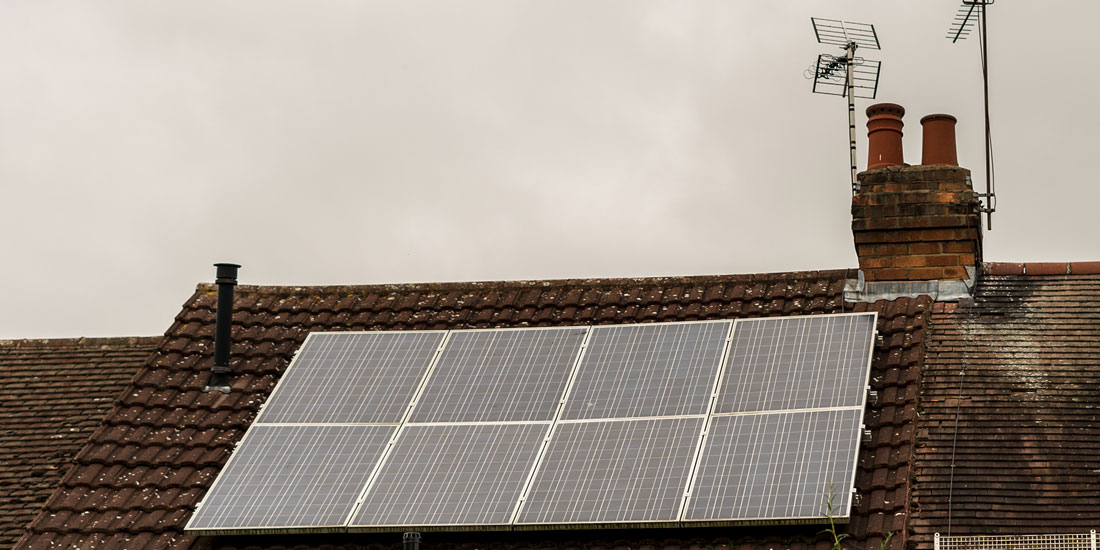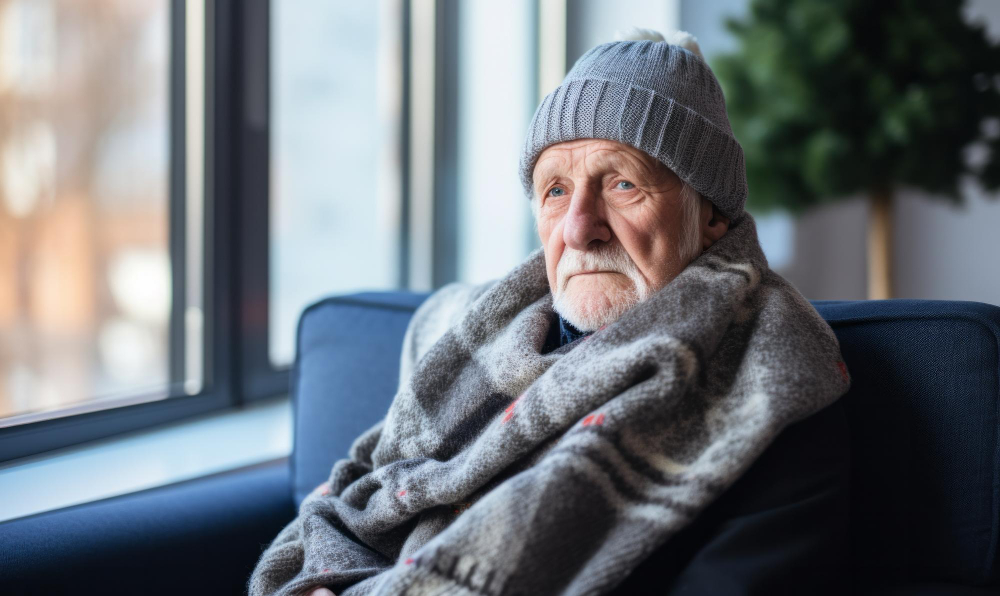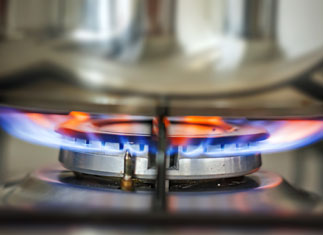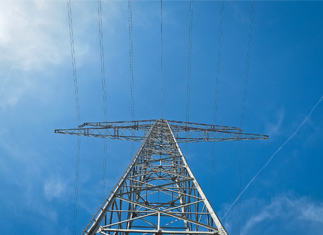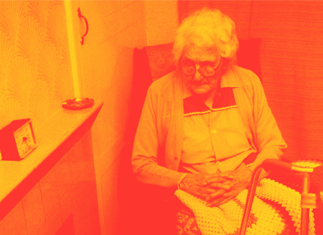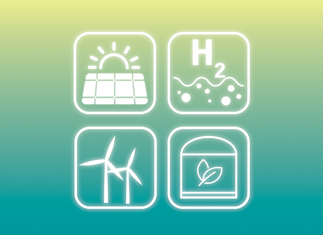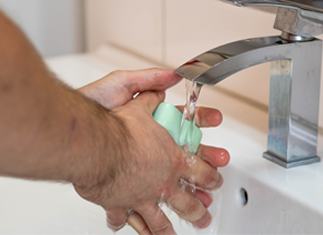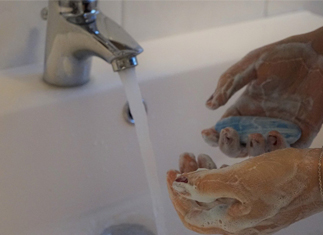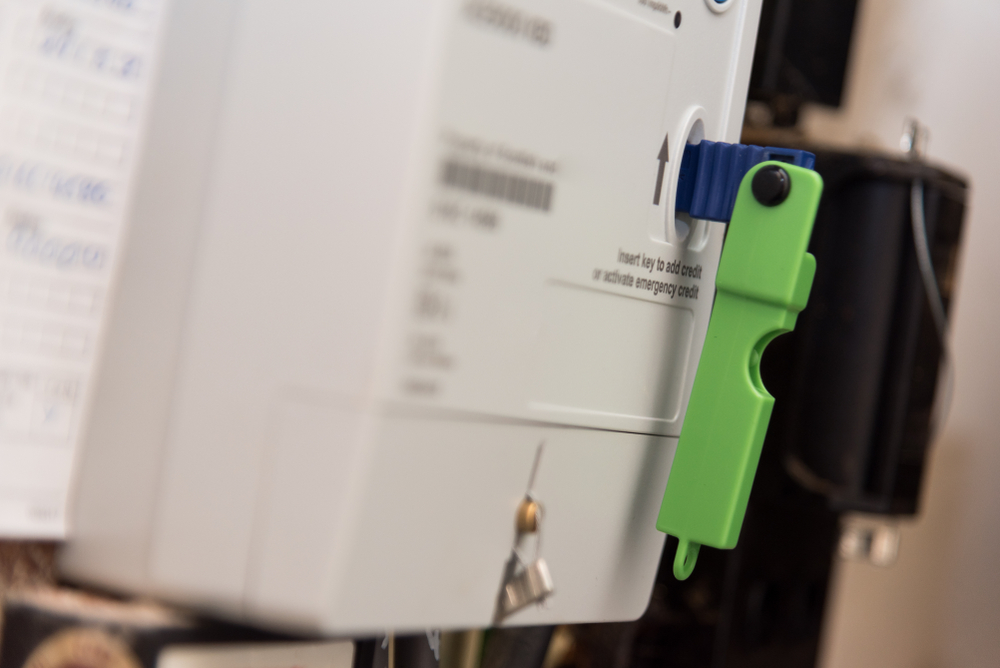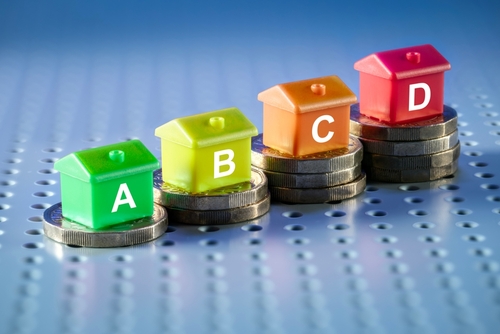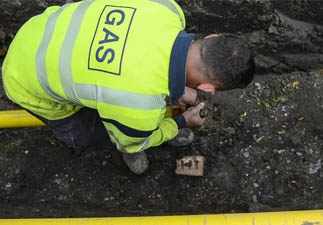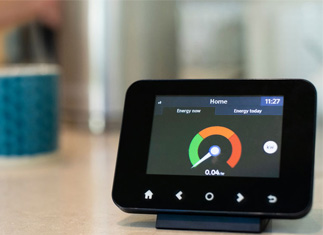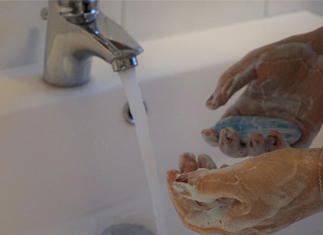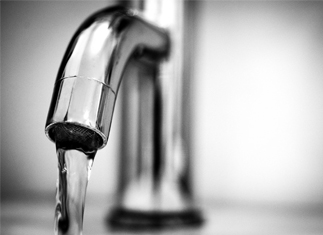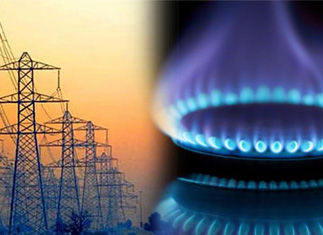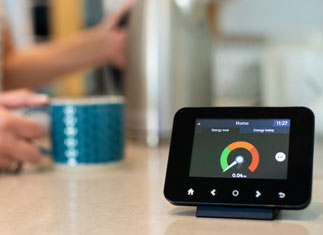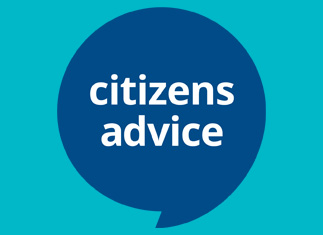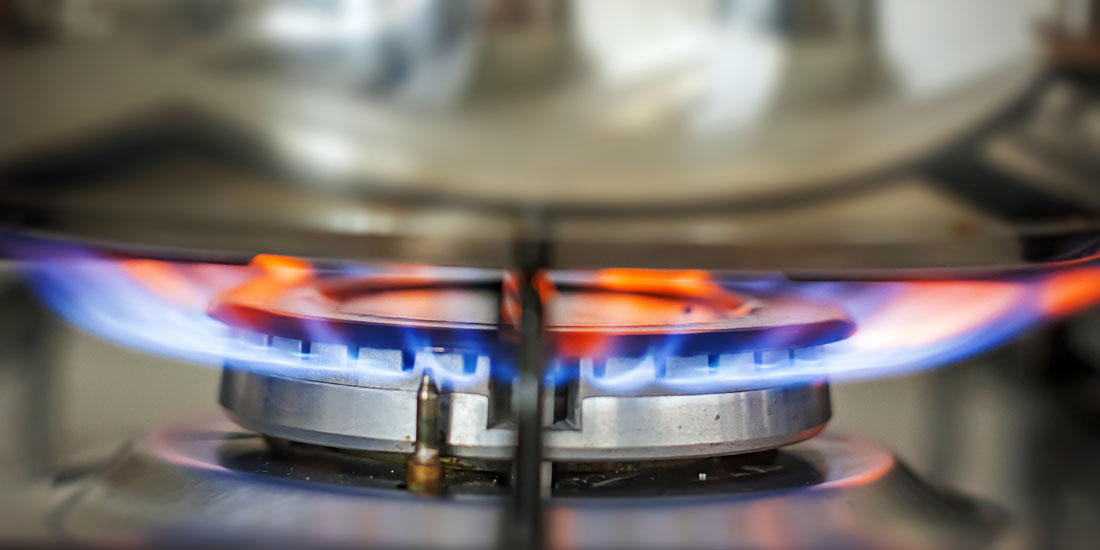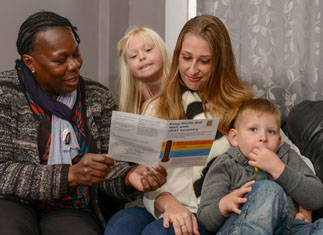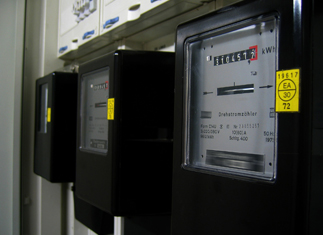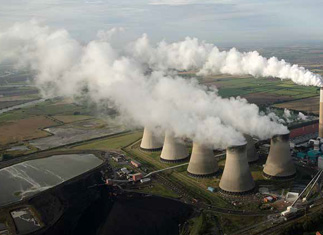Phasing out the installation of fossil fuel heating in homes off the gas grid: NEA response to BEIS consultation
Date: 13th Jan 2022
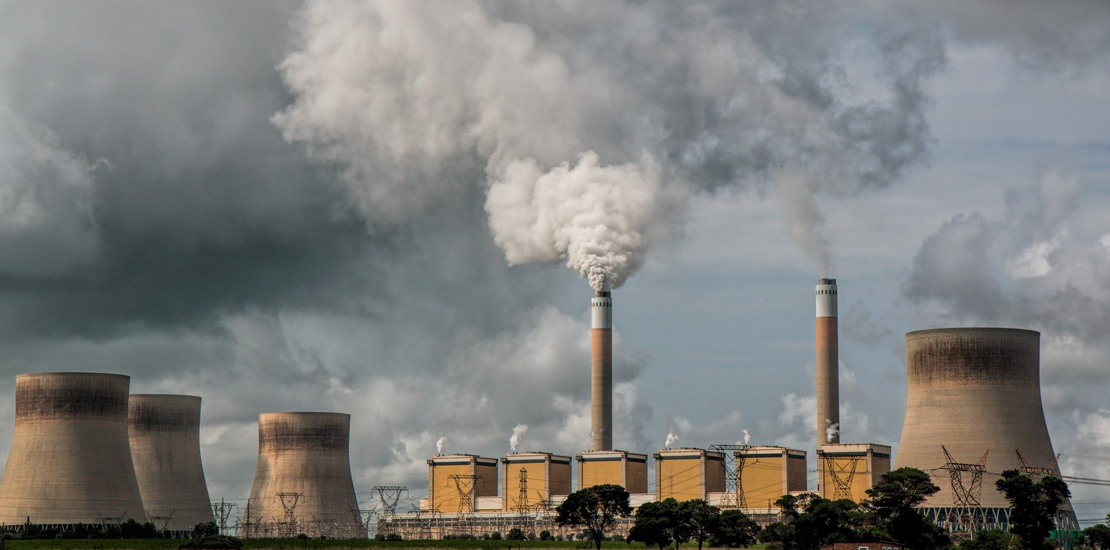
About National Energy Action (NEA)
NEA[1] works across England, Wales and Northern Ireland to ensure that everyone in the UK[2] can afford to live in a warm, dry home. To achieve this, we aim to improve access to energy and debt advice, provide training, support energy efficiency policies, local projects and co-ordinate other related services which can help change lives.
Our response
In England, since 2010, the proportion of households in fuel poverty and living the least efficient homes has reduced, as has the aggregate fuel poverty gap. The key reason for the reduction in fuel poor households has been improvements in domestic energy efficiency levels. This progress is to be warmly welcomed but for too many households, a low level of energy efficiency is still making a big impact on whether they can afford to live in a warm, safe home.
680,000 fuel poor homes in England lived in the least efficient homes in 2019 and over 3 million fuel poor households need to be prioritised for retrofits if the goal to meet net zero is to be met at the same time as statutory fuel poverty targets[3]. In Wales and Scotland, the number of fuel poor households living in the least efficient homes is even greater; more than 80% of fuel poor households in Wales live in inefficient homes and over 70% in Scotland. The recent energy crisis has also underlined the importance of transitioning away from fossil fuels and towards a future of clean domestic heating. It is therefore vital that fuel poverty in off gas areas is sufficiently addressed where 130,000 fuel poor households are still reliant on the most polluting fuels.[4]
The main way by which this can be achieved is through ensuring sufficient funding for energy efficiency alongside replacing heating systems, to ensure that heating costs can be significantly lowered. NEA welcomes that this approach is central to the proposals within this consultation, however, we highlight below the essential nature of providing universal access to poorer households to programs that can fund these measures for low-income households. Without adequate and accessible funding streams, the poorest will not be able to respond to the regulatory approaches suggested in the consultation and the trigger points that have been identified (such as when an existing heating system breaks down) will simply prompt moments of crisis for the least well off.
NEA is aligned with the UK’s goal to reach Net Zero by 2050, as it is only by achieving this goal that we can end fuel poverty. In order to do both, the transition to net zero must be fair and affordable. In the context of phasing out fossil fuels in off gas homes, this means:
- Ensuring that homes off the gas grid receive adequate support to decarbonise, including through funding hybrid heating technologies.
- Ensuring that there is sufficient awareness and advice around any move to transition away from fossil fuels in off gas homes
These are considered in turn below.
Ensure that homes off the gas grid receive adequate support
Funding through ECO
Off gas households are more likely to be in severe fuel poverty because they often heat their homes with potentially more expensive and polluting fuels. Fuel poor households off the gas grid currently experience, on average, excess fuel costs of £480 per year, almost triple the average fuel poverty gap of the on-gas fuel poor (£162). Given the consultation ECO 4 consultation[5] proposed to remove the current ‘rural ring-fence’ within ECO3 and there is currently little certainty that the HUG grant will continue or be adequately resourced to meet the UK Government’s manifesto commitments, NEA hopes that BEIS’s final proposals will ensure that homes off the gas grid receive adequate support within ECO4.
In Great Britain, the Gas Distribution Networks (GDNs) have a Social Obligation to connect fuel poor households to their network at a subsidised cost. These connections are delivered by the GDNs in partnership with other organisations to help tackle fuel poverty by supporting off-grid, fuel poor households to connect to the gas network. While there been speculation that some levies on electricity may be switched to gas in future, using gas to heat homes is currently often cheaper than using other fuel types, helping to alleviate the impacts of fuel poverty and making warmth more affordable for some of the poorest households.
NEA’s own analysis suggests that to date[6], First Time Central Heating (FTCH) installed alongside an FPNES connection has delivered positive outcomes for some of the most vulnerable households, as well as for the environment. Since the FPNES scheme began, the following positive impacts have been generated:
- An equivalent carbon saving of more than 1 tonne of carbon dioxide per household receiving an FPNES connection per year. This equates to an average saving of 88,000 Tonnes CO2e/year saved throughout the scheme.
- More than 88,000 households saving an average of £600 a year in order to keep their properties at a reasonable temperature year-round. This equates to a total saving of more than £50m/year
- Approximately one third of households receiving an FPNES connection are solid wall properties. These homes are often the hardest to reach, and the hardest to treat. FPNES has given these homes an opportunity not just to receive a cheaper source of heating, but also access to advice and energy efficiency measures from support schemes such as ECO alongside the heating measure.
- Approximately 68% of households in receipt of an FPNES connection were in EPC E, F or G before the connection, and that additional measures have saved recipient households more than £14m in lifetime bill savings.
- Approximately 60% of households receiving a gas connection through the scheme had at least one health condition that is exacerbated by being cold at home, and the impacts of these conditions being improved significantly as a result of the scheme.
All GDN’s have planned to continue connecting fuel poor households to their network throughout the current price control period, from 2021-2026. These plans have already been agreed with Ofgem, who have provided the necessary funding mechanisms for these connections to be paid for. As part of this agreement, GDNs must ensure that all households receiving a connection are eligible for a scheme that can help fund a central heating system (either ECO, or Nest in Wales, or the Home Energy Efficiency Programmes in Scotland). Additionally, GDNs must ensure that there is an intention on the part of the householder/landlord to install gas fuelled appliances, including first time central heating. GDNs have told us that they mostly rely on funding from ECO to ensure that a home that receives an FPNES connection can also receive a First Time Central Heating installation. The proposals in this consultation will however make it increasingly harder for GDNs to successfully deliver good FPNES outcomes to their most vulnerable customers. NEA also notes that the current planned approach may be inconsistent with public expectations regarding net zero. In recent polling conducted by YouGov, it was found that[7]:
- 60% of households say that it is more important that home heating is made more affordable for the lowest income households, even if it isn’t the most environmentally friendly option. 23% say that It is more important that home heating is made environmentally friendly, even if this makes it more expensive for the lowest income households to stay warm at home.
- 37% of households say that support should be provided to low-income households to reduce their heating costs, regardless of the carbon emissions. 34% say support should be provided to low-income households to reduce their heating costs but only if it releases less carbon than their current means of heating.
Despite many members of the public highlighting the relative importance of affordable heating for the lowest income households, NEA recommends that the UK Government allows funding for first time central gas heating systems to be installed as part of ECO 4, only where carbon savings can be achieved. As a minimum, this could be achieved by allowing ECO funding for a hybrid system currently off the gas network. However, first time central heating should also be available for households currently using oil, coal, or LPG to heat their homes. Our analysis suggests an EPC F property that uses an oil boiler emits as much as 3840kg CO2e/year[8]. Converting to natural gas and increasing the energy efficiency of the property to EPC D would result in an estimated gas saving of 1680Kg CO2e/year[9]. That represents a saving of 43% in terms of carbon. It would also represent a saving of more than 87% in terms of NOx. This intervention would therefore have three positive impacts; reducing on-going space heating costs within a cohort where the fuel poverty gap is significant, reducing carbon emissions from some of the most polluting homes and improving air quality. In addition to the condition regarding displacing higher polluting fuels, ECO funding should be permissible if insulation is installed alongside the FTCH to a standard whereby the household’s EPC rating increases by two bands[10].
NEA has investigated the positive impact the FPNES can have on fuel poor household’s health and well-being[11]. As a result of our previous work, there have been recent welcome changes to FPNES targeting to include households with certain health conditions living in EPC D homes. ECO 4 should be designed to complement this targeting methodology so that FPNES and ECO 4 can be successfully combined to reach desirable outcomes for those households with a health condition that is impacted by living in a cold home.
More accessible funding through the Home Upgrade Grant
The current energy crisis has shone a light on the deficiencies of our building stock. We are currently exposing millions of the poorest households to significant fluctuations in the wholesale gas price, simply because of the inefficiency of their homes. As most people know, this is entirely avoidable. The much-awaited Heat and Buildings Strategy which immediately preceded the Budget was a critical moment to start to address years of under investment. Disappointingly, it did not provide the funding that was set out in the Conservative manifesto pledge relating to the Home Upgrade Grant, falling £1.4bn the pledge to help the poorest households living in the least efficient homes.
This reduction in ambition will mean that 112,000 off gas grid fuel poor households off the gas grid will receive financial support to decarbonise their home. This means that there is a total energy saving of £84m/year being missed by some of the poorest households living in the least efficient homes.[12] If the Government is to set out a clear end date for phasing out fossil fuels for off gas grid households, it must increase its ambition for helping fuel poor households to do so up to, and beyond, what was set out within its manifesto.
In addition, HUG is currently delivered by local authorities. If a low-income household does not live in an area that has accessed this funding, they will not be able to fund either low carbon heating, the necessary insulation measures or afford any ancillary costs. This can be resolved by ensuring every local authority can access HUG funding or ensuring that alongside the LA led funding stream, households have an independent route to access a centralised HUG funding mechanism. This would require the appointment of a central contractor or framework of contractors who can provide this assistance. This is common in other countries across the UK (Nest in Wales or Warmer Homes Scotland). It is vital that the UK Government make available these accessible funding streams. Without them, the poorest will not be able to respond to the regulatory approaches suggested in the consultation and the trigger points that have been identified (such as when an existing heating system breaks down) will simply prompt moments of crisis for the least well off.
Ensure that there is sufficient awareness and advice around any move to transition away from fossil fuels in off gas homes
Reaching fuel poverty targets at the same time as net zero will require a much more comprehensive network of advice provision. In the Fuel Poverty Monitor 2020/21[13], NEA ran a call for evidence (CfE) surrounding a fair and affordable transition to net zero, with 122 respondents covering the breadth of the UK. Two thirds of CfE respondents agreed there is low awareness of emerging low-carbon technologies among energy advisors. 8 in 10 CfE respondents agreed there is a lack of advice to households on how to use low-carbon heating technologies, and on the behaviour change required to do so. Three quarters of CfE respondents agreed there is currently limited preinstallation communication about the nature and operation of low-carbon technologies and limited post installation support and instruction about using them.
In this context, NEA welcomes the proposed defined roles set out in recent scheme designs for:
- A Retrofit Adviser to help households understand the energy efficiency improvements that can be made to their home
- A Retrofit Assessor who carries out technical assessment of property and pre-install SAP assessment; and
- A Retrofit Co-ordinator that produces a Medium-Term Improvement Plan (MTIP) based on the information from the assessment and an Improvement Option Evaluation (IOE) which outlines the order in which the measures should be installed.
It is crucial that households that are eligible for support are made aware of this support and in general ECO assistance.
The advice provider should also be able to offer further advice and support (for example, other low-cost and no-cost measures that could be adopted, local and national grant and discount schemes, or who to contact for further advice or repairs). The advice/advice provider should also be able to offer follow-up visits/helpline for those customers who need further help after the installation process. Where advice of this nature is provided directly the practical results are hugely positive and can amplify the benefits of the technology and maximise the experience of the initiative/programme. This in turn can have a positive impact on the take up of these schemes amongst friends, family and neighbours etc. NEA also fully supports the requirements set out in recent proposals to provide advice on the benefits of smart meters and how to request the installation of a smart meter alongside the energy advice requirements required by PAS 2035. This was a recommendation we made in our recent report on maximising the rollout of smart meters, particularly for legacy prepayment customers.
Despite these positive steps, NEA continues to be concerned about a lack of general advice provision for communicating the support that is available through schemes in consistent and assessable formats. Whilst there is some information provided on what support schemes provide by energy suppliers, a number of Government-sponsored websites, consumer organisations, statutory bodies and charities etc, NEA believes there is a need to ensure that material is clear and consistent, does not confuse those in need of advice and that support on more complex issues is readily available and suitable for eligible households.
As a first step, BEIS should establish the extent to which current sources of information meet the criteria of comprehensive, impartial advice tailored to individual circumstances including the needs of low-income and vulnerable households, those who don’t speak English as a first language, those with limited financial capability, limited internet access and where tenure and a landlord’s stipulations require onward consent. Without adding costs to the schemes, those delivering schemes and their suppliers and contractors should be able to provide this information as well as how households can access wider support such as register for priority services, get the best energy tariff, make a meter reading, where to go to maximise their income, contact their supplier to discuss energy debt, benefit from a carbon Monoxide alarm or free gas safety check etc.
Additionally, as part of the Fuel Poverty Monitor 2020/21[14], Two thirds of CfE respondents agreed that the lack of centrally funded energy saving advice and support is a barrier to fuel poor households decarbonising their heating and 85% of CfE respondents agreed that limited funding for local energy related advice and support is a barrier to fuel poor households decarbonising their heating. We recommend that:
- The UK Government should consider how they fund practical advice to households who are digitally excluded
- Energy-related topics should be included within wider national, or local authority, digital inclusion and numeracy strategies and training.
- The UK Government should investigate ways in which advice specifically for decarbonising homes can be improved and included in national skills initiatives.
- High quality installation standards and advice go hand in hand. Following the positive introduction of PAS 2035 and TrustMark under some schemes, the highest retrofit standards must also be applied when carrying out work under Government programmes, but this must be done in a pragmatic way, where working ‘to the principles’ of PAS 2035 is allowed where reasonable. This would ensure that the measures deliver the expected benefits and do not lead to unintended negative impacts for householders due to poor installation practices.
- Accreditation schemes should include a requirement to provide redress to households if and when installations don’t meet the required standards.
- A targeted campaign should be introduced encouraging recipients of the Discretionary Coal Allowance to adopt cleaner alternatives. Their payment should also not be stopped when they install alternative heating technologies.
Ensure there is awareness of Schemes
Alongside advice, awareness of new rules is of clear significance to the households the rules impact. NEA was disappointed that after the banning of certain types of heating in 2020 that there was a lack of effort to both raise awareness that the ban was coming, and of what support was available to help make the transition to clean heat.
NEA fully supports the need to phase out high polluting fuels. However, we do however believe there is a need to adequately explore the issues relating to those who struggle to afford to heat their homes with these fuels and the impact that these changes could have on these households.
We were especially concerned that there was very little support to help low-income households to move away from high polluting fuels and replace their old inefficient heating systems. The impact of this was potentially massive, with a risk of prolonged loss of space heating and hot water, especially during winter and amongst occupants most vulnerable to living in a cold home. We felt it was also likely to prompt the use of secondary heating appliances, such as electric portable heaters which are recognised as one of the most expensive forms of heating. These risks are likely to come alive again if there are further moves to regulate fuels out of the market. Awareness must be raised of any new regulation coming into force and the support available to help fuel poor households to decarbonise their homes.
Addressing Ancillary Costs
Our Fuel Poverty Monitor 2020/21[15] also highlighted the additional needs that fuel poor households have with respect to decarbonising their homes, including funding to cover ancillary costs that are additional to ‘measures’. These include:
- To make some changes to a home, it must be rewired for safety reasons. This can cost thousands of pounds.
- Servicing and maintenance. Grant funding provided through many available schemes do not cover the costs of annual servicing and maintenance. If these costs cannot be met by the household, there is an increased risk of the heating system developing a problem.
- Redecorating and paintwork. Some low-carbon installations will result in a home needing redecoration in order to restore it to its previous state.
- Upgrading the electricity network. In some cases, when a householder decides to install a heat pump as their main heating source, their connection to the electricity grid may not be enough to support such equipment. NEA is aware of some occasions where the network has demanded that the household provides a financial contribution towards the cost of the upgrade before it takes place.
Overcoming these barriers can be achieved by:
- Banning household contributions within the Energy Company Obligation and any other decarbonisation scheme that is aimed at fuel poor households. Grants should also cover the whole costs of upgrades, including those that are ancillary such as rewiring.
- Creating a reliable and consistent mechanism to allow low-income households to uprate their connection to the electricity network when they install low carbon heating, at no upfront cost within the upcoming RIIO ED-2 price control. This would be similar to the existing FPNES scheme for gas distribution networks.
[1] For more information visit: www.nea.org.uk.
[2] NEA also work alongside our sister charity Energy Action Scotland (EAS) to ensure we collectively have a UK wider reach.
[3] BEIS annual fuel poverty statistics 2019 [LILEE], BEIS 2021.
[4] Fuel poverty detailed tables 2021 (Table 13), BEIS, 2021
[5] Design of the Energy Company Obligation ECO4: 2022-2026, BEIS, 2021
[6] NEA Response to Design of the Energy Company Obligation ECO4: 2022-2026, NEA, 2021
[7] NEA Response to Design of the Energy Company Obligation ECO4: 2022-2026, NEA, 2021
[8] A property with an EPC of F, using Burning Oil has a mean heating demand of 16,000kWh. 1kWh of burning oil emits 0.24kgCO2e, meaning that in total, emissions are 3840kgCO2e per year.
[9] A property with an EPC of D, using natural gas for heating il has a mean heating demand of 12,000kWh. 1kWh of gas 0.18kgCO2e, meaning that in total, emissions are 2160kgCO2e per year.
[10] NEA also proposes that ECO funding would not be available where gas heating would displace functioning, efficient electrical heating.
[11] See: https://www.nea.org.uk/wp-content/uploads/2020/07/Connecting-Homes-for-Health-Final-Project-Report.pdf Chart 19 shows that, pre-intervention, only 13.7% of participant households rated their physical health as either good or very good, and 37% rated their mental health as such. However, 1-3 months after their intervention, 69.7% of participants rated their physical health as good or very good, and 78.8% rated their mental health as such. After 9-12 months, 74.4% rated their physical health as good or very good and the proportion of households that rated their mental health as such remained stable (78.6%). These results indicate that, after receiving support from the project, participants were significantly more likely to report good physical and/or mental health than they were before, and that positive changes to household perceptions of health persisted (and, in the case of physical health, continued to accrue) in the year following their intervention. Whilst the reporting of good physical or mental health may not necessarily reflect the presence or absence of specific health conditions (being in ‘good’ or ‘bad’ health can be relative and a matter of individual interpretation), the very fact that participants were more likely to view themselves as being in good health suggests either an improvement to existing conditions, an easing of symptoms and/or a change in their ability to cope.
[12] Based on figures in the Conservative Party Manifesto Press Release, Conservative Party, 2021
[13] UK Fuel Poverty Monitor 2020/21, NEA, 2021
[14] UK Fuel Poverty Monitor 2020/21, NEA, 2021
[15] UK Fuel Poverty Monitor 2020/21, NEA, 2021
© 2024 NEA all rights reserved.



